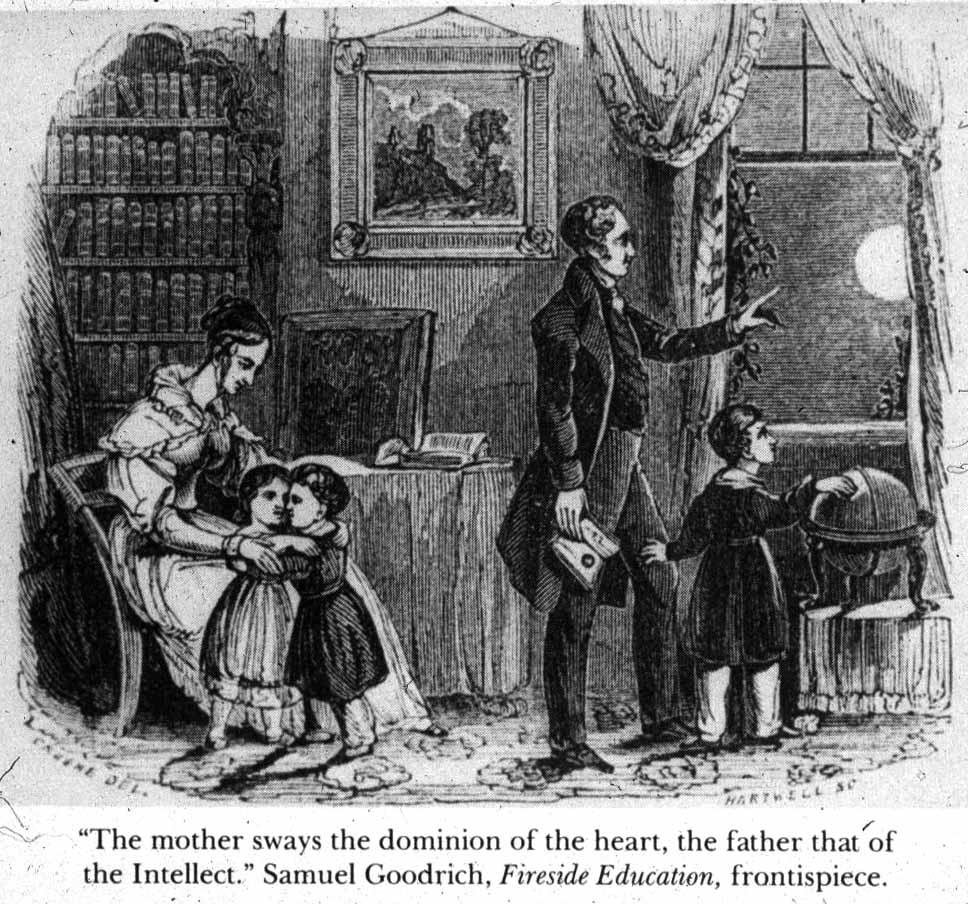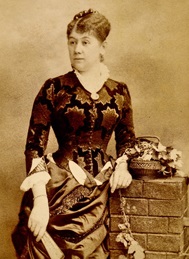|
Nikolay Alekseyev (mayor Of Moscow)
Nikolay Aleksandrovich Alekseyev (, 1852 –25 ( OS 13) March 1893) was the elected mayor of Moscow in 1885–1893. Alekseyev is credited with construction of the city's first sanitation system, the first pressurized water supply network reaching individual houses, a psychiatric hospital and 30 new public schools. Alekseyev reorganized the city finances, significantly increasing the share of non-tax revenue from city-owned commercial ventures, and was known for unorthodox and successful fundraising campaigns for the municipal charities. Alekseyev was a long-time sponsor of Moscow Conservatory and local musicians; during his tenure the city acquired the Tretyakov Gallery. Alekseyev was shot in his office by an insane visitor. He remains the only mayor of Moscow to be assassinated. Biography Family roots Nikolay Alekseyev belonged to the fourth generation of an old and wealthy family of traders and industrialists that settled in Alekseyevskaya Street (no direct connection) of ... [...More Info...] [...Related Items...] OR: [Wikipedia] [Google] [Baidu] |
Russian Empire
The Russian Empire was an empire that spanned most of northern Eurasia from its establishment in November 1721 until the proclamation of the Russian Republic in September 1917. At its height in the late 19th century, it covered about , roughly one-sixth of the world's landmass, making it the list of largest empires, third-largest empire in history, behind only the British Empire, British and Mongol Empire, Mongol empires. It also Russian colonization of North America, colonized Alaska between 1799 and 1867. The empire's 1897 census, the only one it conducted, found a population of 125.6 million with considerable ethnic, linguistic, religious, and socioeconomic diversity. From the 10th to 17th centuries, the Russians had been ruled by a noble class known as the boyars, above whom was the tsar, an absolute monarch. The groundwork of the Russian Empire was laid by Ivan III (), who greatly expanded his domain, established a centralized Russian national state, and secured inde ... [...More Info...] [...Related Items...] OR: [Wikipedia] [Google] [Baidu] |
Foundry
A foundry is a factory that produces metal castings. Metals are cast into shapes by melting them into a liquid, pouring the metal into a mold, and removing the mold material after the metal has solidified as it cools. The most common metals processed are aluminum and cast iron. However, other metals, such as bronze, brass, steel, magnesium, and zinc, are also used to produce castings in foundries. In this process, parts of desired shapes and sizes can be formed. Foundries are one of the largest contributors to the manufacturing recycling movement, melting and recasting millions of tons of scrap metal every year to create new durable goods. Moreover, many foundries use sand in their molding process. These foundries often use, recondition, and reuse sand, which is another form of recycling. Process In metalworking, casting involves pouring liquid metal into a mold, which contains a hollow cavity of the desired shape, and then allowing it to cool and solidify. The solidified pa ... [...More Info...] [...Related Items...] OR: [Wikipedia] [Google] [Baidu] |
Alexander III Of Russia
Alexander III (; 10 March 18451 November 1894) was Emperor of Russia, King of Congress Poland and Grand Duke of Finland from 13 March 1881 until his death in 1894. He was highly reactionary in domestic affairs and reversed some of the liberal reforms of his father, Alexander II, a policy of "counter-reforms" (). Under the influence of Konstantin Pobedonostsev (1827–1907), he acted to maximize his autocratic powers. During his reign, Russia fought no major wars, and he came to be known as The Peacemaker ( ), with the laudatory title of ''Tsar’-Mirotvorets'' enduring into 21st century historiography. His major foreign policy achievement was the Franco-Russian Alliance, a major shift in international relations that eventually embroiled Russia in World War I. His political legacy represented a direct challenge to the European cultural order set forth by German statesman Otto von Bismarck, intermingling Russian influences with the shifting balances of power. Early life ... [...More Info...] [...Related Items...] OR: [Wikipedia] [Google] [Baidu] |
Moscow Governorate
The Moscow Governorate was a province ('' guberniya'') of the Tsardom of Russia, and the Russian Empire. It was bordered by Tver Governorate to the north, Vladimir Governorate to the northeast, Ryazan Governorate to the southeast, Tula Governorate to the south, Kaluga Governorate to the southwest, and Smolensk Governorate to the west. Moscow Governorate consisted of an area of and a population of 2,430,581 in 1897. Its capital was in Moscow. Administrative division The counties (''uezds'') of the Moscow Governorate in 1897 were as follows: History Moscow Governorate, together with seven other governorates, was established on , 1708, by Tsar Peter the Great's edict.Указ об учреждении губерний и о росписа ... [...More Info...] [...Related Items...] OR: [Wikipedia] [Google] [Baidu] |
Philanthropist
Philanthropy is a form of altruism that consists of "private initiatives for the public good, focusing on quality of life". Philanthropy contrasts with business initiatives, which are private initiatives for private good, focusing on material gain; and with government endeavors that are public initiatives for public good, such as those that focus on the provision of public services. A person who practices philanthropy is a philanthropist. Etymology The word ''philanthropy'' comes , from 'to love, be fond of' and 'humankind, mankind'. In , Plutarch used the Greek concept of to describe superior human beings. During the Middle Ages, was superseded in Europe by the Christian virtue of '' charity'' (Latin: ) in the sense of selfless love, valued for salvation and escape from purgatory. Thomas Aquinas held that "the habit of charity extends not only to the love of God, but also to the love of our neighbor". Sir Francis Bacon considered ''philanthrôpía'' to be synonymous ... [...More Info...] [...Related Items...] OR: [Wikipedia] [Google] [Baidu] |
Textile
Textile is an Hyponymy and hypernymy, umbrella term that includes various Fiber, fiber-based materials, including fibers, yarns, Staple (textiles)#Filament fiber, filaments, Thread (yarn), threads, and different types of #Fabric, fabric. At first, the word "textiles" only referred to woven fabrics. However, weaving is not the only manufacturing method, and many other methods were later developed to form textile structures based on their intended use. Knitting and Nonwoven, non-woven are other popular types of fabric manufacturing. In the contemporary world, textiles satisfy the material needs for versatile applications, from simple daily clothing to Bulletproof vest, bulletproof jackets, spacesuits, and Medical gown, doctor's gowns. Textiles are divided into two groups: consumer textiles for domestic purposes and technical textiles. In consumer textiles, Aesthetics (textile), aesthetics and Textile performance#Comfort, comfort are the most important factors, while in techn ... [...More Info...] [...Related Items...] OR: [Wikipedia] [Google] [Baidu] |
Sergei Tretyakov (arts Patron)
Sergei Tretyakov (1834 – 25 July 1892) was a Russian philanthropist and patron of the arts, who co-founded the Tretyakov Gallery in Moscow with his brother Pavel Tretyakov. Tretyakov Gallery In 1851, Tretyakov and his brother Pavel Tretyakov acquired a property on the right bank of the Moskva River to use as offices, also using the building to house their art collection, which became known as the Tretyakov Gallery The State Tretyakov Gallery (; abbreviated ГТГ, ''GTG'') is an art gallery in Moscow, Russia, which is considered the foremost depository of Russian fine art in the world. The gallery's history starts in 1856 when the Muscovite merchant Pavel .... Sergei's collection was smaller than his brother's, but also very valuable. The first work to be added to his collection was Alexey Bogolyubov's ''Ipatievsky Monastery near Kostroma''. He later began collecting primarily works from Western European artists, especially French romantics and realists. On Sergei's death ... [...More Info...] [...Related Items...] OR: [Wikipedia] [Google] [Baidu] |
Nikolai Grigoryevich Rubinstein
Nikolai Grigoryevich Rubinstein (; – ) was a Russian pianist, conductor, and composer. He was the younger brother of Anton Rubinstein and a close friend of Pyotr Ilyich Tchaikovsky. Life Born to Jewish parents in Moscow, where his father had just opened a small factory, Rubinstein showed talent at the keyboard early on. He studied piano first with his mother, and while the family was in Berlin Berlin ( ; ) is the Capital of Germany, capital and largest city of Germany, by both area and List of cities in Germany by population, population. With 3.7 million inhabitants, it has the List of cities in the European Union by population withi ... between 1844 and 1846, he studied piano with Theodor Kullak and harmony and counterpoint with Siegfried Dehn; during this time both he and his brother Anton Rubinstein, Anton attracted the interest and support of Felix Mendelssohn, Mendelssohn and Giacomo Meyerbeer, Meyerbeer. When the family returned to Moscow, Nikolai studied with A ... [...More Info...] [...Related Items...] OR: [Wikipedia] [Google] [Baidu] |
Bohemianism
Bohemianism is a social and cultural movement that has, at its core, a way of life away from society's conventional norms and expectations. The term originates from the French ''bohème'' and spread to the English-speaking world. It was used to describe mid-19th-century non-traditional lifestyles, especially of artists, writers, journalists, musicians, and actors in major European cities. Bohemian is a 19th-century historical and literary topos that places the milieu of young metropolitan artists and intellectuals—particularly those of the Latin Quarter in Paris—in a context of poverty, hunger, appreciation of friendship, idealization of art and contempt for money. Based on this topos, the most diverse real-world subcultures are often referred to as "bohemian" in a figurative sense, especially (but by no means exclusively) if they show traits of a precariat. Bohemians were associated with unorthodox or anti-establishment political or social viewpoints expressed through f ... [...More Info...] [...Related Items...] OR: [Wikipedia] [Google] [Baidu] |
Home Schooling
Homeschooling or home schooling (American English), also known as home education or elective home education (EHE) (British English), is the education of school-aged children at home or a variety of places other than a school. Usually conducted by a parent, tutor, or online teacher, many homeschool families use less formal, more personalized and individualized methods of learning that are not always found in schools. The actual practice of homeschooling varies considerably. The spectrum ranges from highly structured forms based on traditional school lessons to more open, free forms such as unschooling, which is a lesson- and curriculum-free implementation of homeschooling. Some families who initially attended a school go through a deschooling process to decouple from school habits and prepare for homeschooling. While "homeschooling" is the term commonly used in North America, "home education" is primarily used in Europe and many Commonwealth countries. Homeschooling should not b ... [...More Info...] [...Related Items...] OR: [Wikipedia] [Google] [Baidu] |
Constantin Stanislavski
Konstantin Sergeyevich Stanislavski ( rus, Константин Сергеевич Станиславский, p=kənstɐnʲˈtʲin sʲɪrˈɡʲejɪvʲɪtɕ stənʲɪˈslafskʲɪj, links=yes; ; 7 August 1938) was a seminal Russian and Soviet theatre practitioner. He was widely recognized as an outstanding character actor, and the many productions that he directed garnered him a reputation as one of the leading theatre directors of his generation. His principal fame and influence, however, rests on his "system" of actor training, preparation, and rehearsal technique. Stanislavski (his stage name) performed and directed as an amateur until the age of 33, when he co-founded the world-famous Moscow Art Theatre (MAT) company with Vladimir Nemirovich-Danchenko, following a legendary 18-hour discussion. Its influential tours of Europe (1906) and the US (1923–24), and its landmark productions of ''The Seagull'' (1898) and ''Hamlet'' (1911–12), established his reputation and ... [...More Info...] [...Related Items...] OR: [Wikipedia] [Google] [Baidu] |







